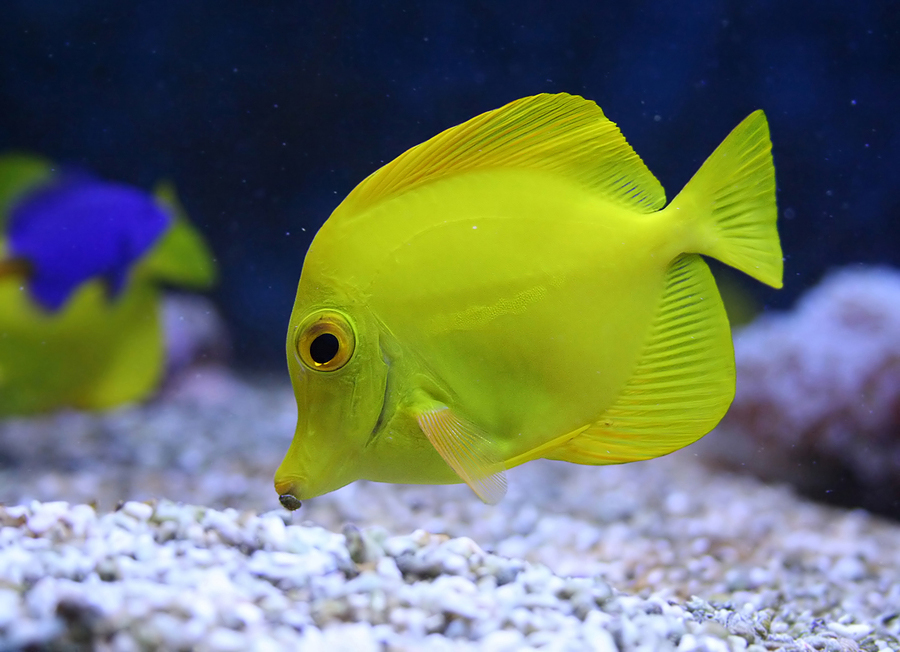
A Guide to Tropical Fish care
Tropical fish can make fantastic family pets. Sure they might not offer as much of an emotional response as dogs or even cats, but they beautiful to look at and relatively cheap and easy to look after. But look after them you must. For no-one ever wants to have to endure that horrible experience of seeing a little fish floating on the surface of the water. Here are some essential rules to ensure that this never happens.
Get The Right Equipment
Unlike standard goldfish, tropical fish require a lot more equipment to survive in an artificial environment such as a tank or aquarium. You’ll need to invest in a heater, a filter (one that is the right size for the tank you’re using), gravel (for the “seabed”), plant-life and water conditioner. Naturally the plants don’t have to be real – artificial ones will last much longer, whilst still making your fish feel more at home. The water conditioner in necessary for treating the water in the tank, as most tap water is too hard for fish tanks. All of this equipment can be bought fairly cheap online, from sites such as All Pond Solutions. You can buy in store, but it will generally be a lot more expensive.
Introduce the Fish to their New Home
Once you’ve established a colony of bacteria to break down the fish waste, you’re ready to add your fish. Ideally you only want to start with 1 or 2, as the total waste produced by more than this could end up poisoning the tank water during these early stages. As your fish begins to acclimatise to its environment (give it a week or so), you can begin to add more. As a general rule of thumb, you don’t want a higher male to female ratio than about 1 male to every 3 females. More males than this, and they can become aggressive and fight with each other.
Keep On Top of Things
As with any pet, fish (and their tanks) do require ongoing maintenance, but it’s by no means arduous. Every couple of weeks, the tank will require a good clean and a 30% water change. Naturally the fish should be fed well, but don’t overfeed them, as they can die from this! As long as you keep on top of these things and keep your eye out for any abnormal behaviours, you and your fish should have a long, happy life together.
In association with All Pond Solutions


You must be logged in to post a comment Login